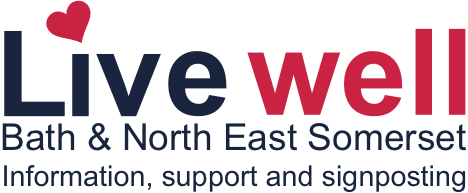Location & Contact
- Address
-
5 Kelso Place
Upper Bristol Road
Bath
BA1 3AU
United Kingdom - Phone
-
01225 698937
-
jonny.stevens@caremark.co.uk
- Website
Contact Person
Jonathan Stevens
About
All of our care assistants are thoroughly trained to assist individuals with meal preparation, medication management, moving and handling, housekeeping, and personal care, with a strong focus on preserving dignity and promoting independence.
Services offered:
Alzheimer's and Dementia Care, Arthritis Care, Companionship, Diabetes, End of Life and Palliative Care, Hypertension, Learning Disability, Live-in-Care, Motor Neurone Disease Care, MS Care, Neurological, Night Care, Parkinson's, Physical Disability, Reablement, Respite Care
